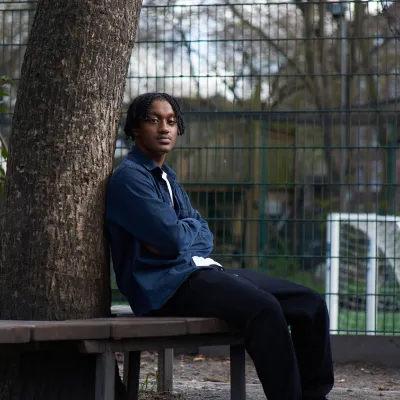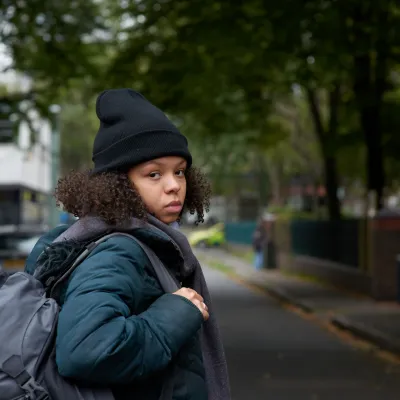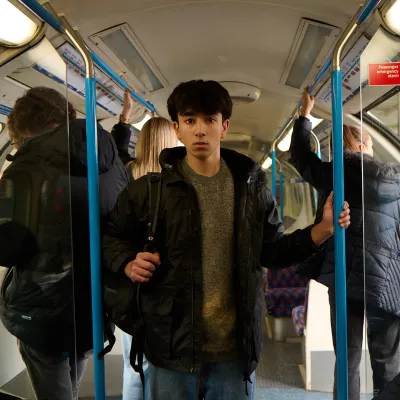
Making work pay in supported accommodation
Supported housing exists to help people to live as independently as possible, helping improve their quality of life, their well-being, their health, and their employment prospects. Yet people in supported housing face a specific barrier and disincentive to work due to the way the welfare system is configured.








